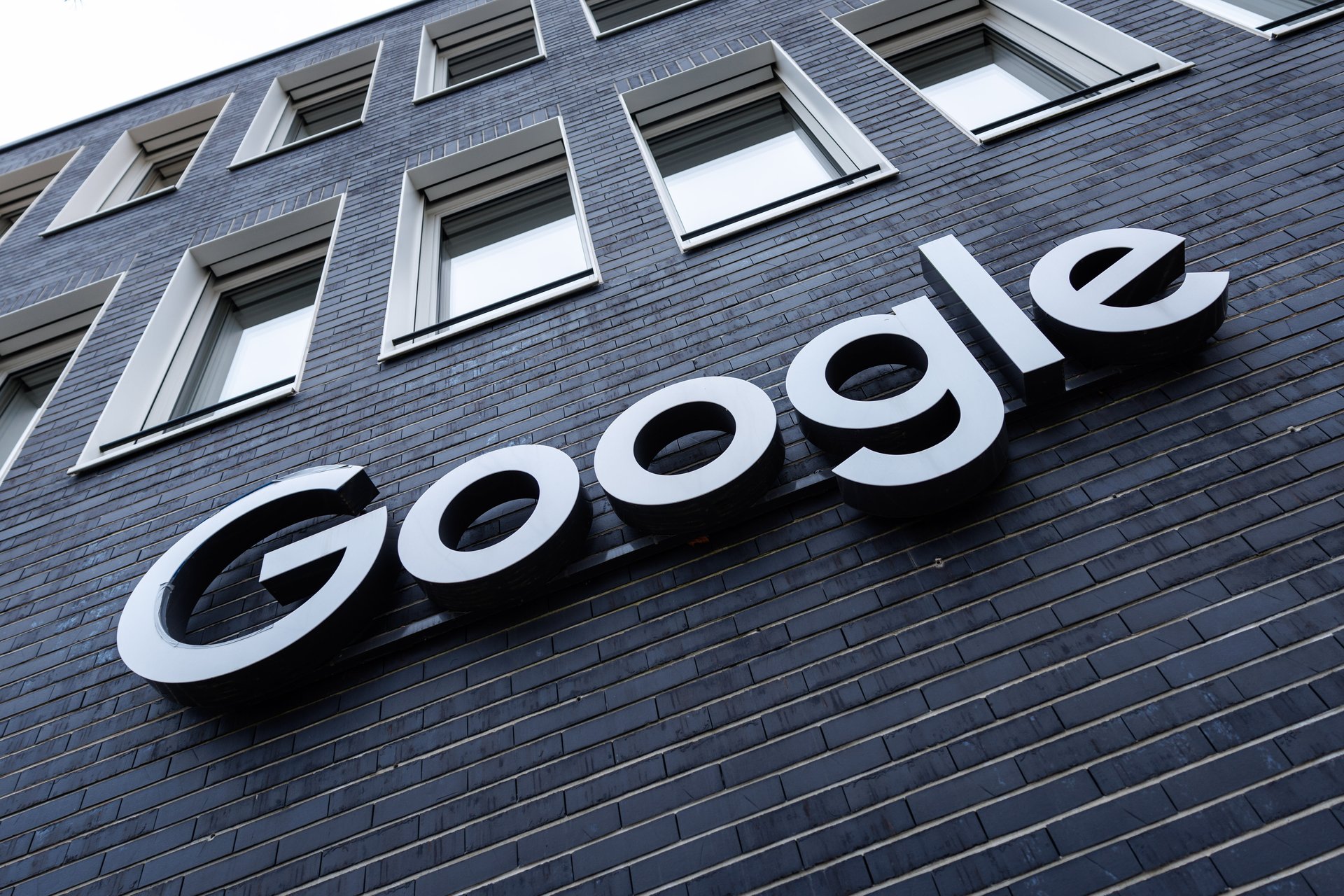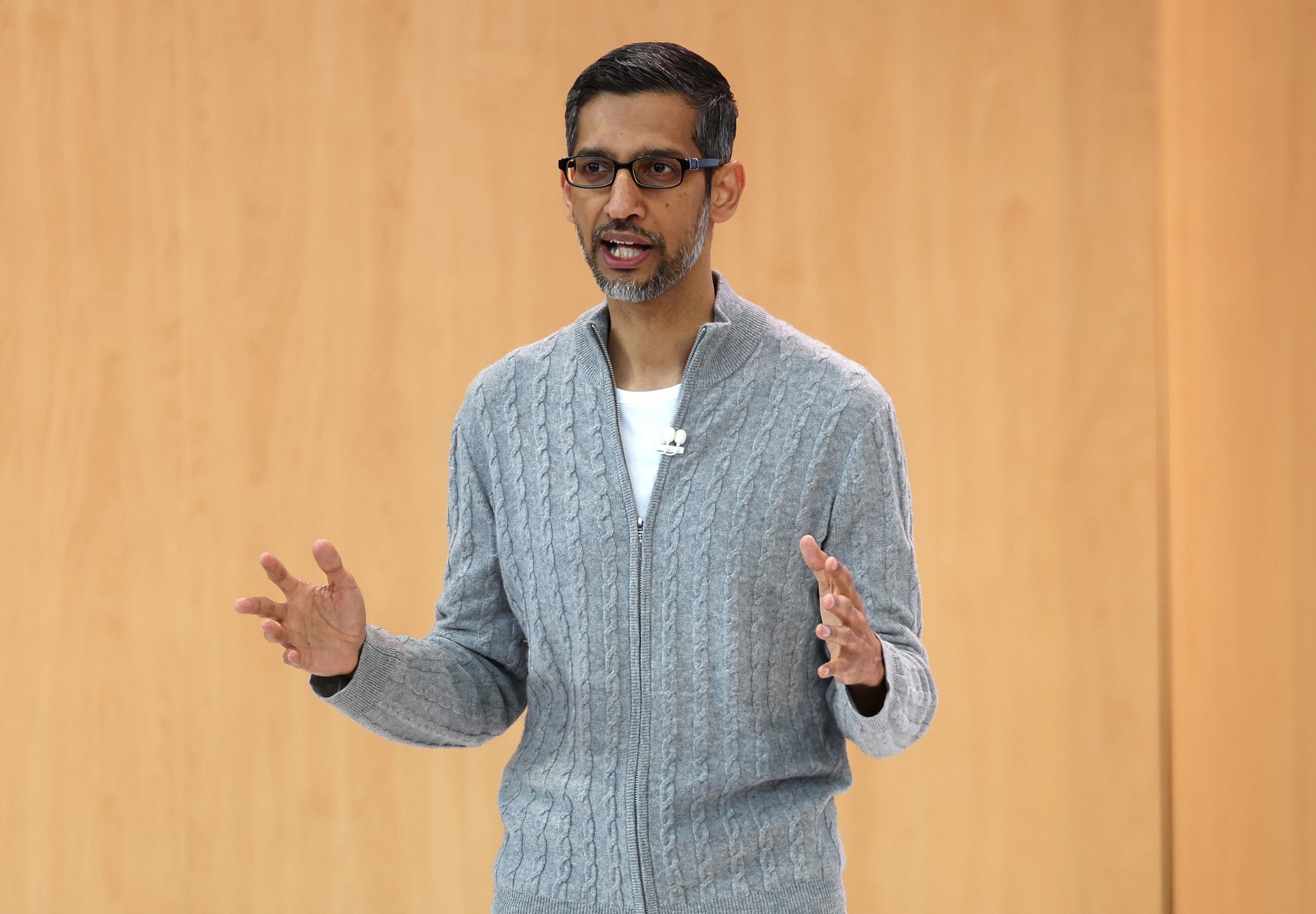Google ditched its pledge not to use AI for weapons and surveillance
A previous version of Google's AI Principles said it would not pursue weapons and other technologies that can injure people

Google (GOOGL) has changed its mind on building military AI.
Suggested Reading
The change appears in the tech giant’s Responsible AI Progress Report for 2024, released Tuesday, with updated AI Principles that focus on three areas: innovation, responsible AI development and deployment, and collaboration.
Related Content
Under its responsible development and deployment principle, Google said it will implement “appropriate human oversight, due diligence, and feedback mechanisms to align with user goals, social responsibility, and widely accepted principles of international law and human rights.”
However, under its previous AI Principles, Google explicitly said it would “not pursue” AI that could be used for applications such as “weapons or other technologies whose principal purpose or implementation is to cause or directly facilitate injury to people” and “technologies that gather or use information for surveillance violating internationally accepted norms.” The change was first spotted by The Washington Post.
Google first published its AI Principles in 2018 after not renewing its contract with the Pentagon for Project Maven — a military partnership where Google provided the U.S. Department of Defense with AI technology to analyze drone footage. The controversial contract was protested by thousands of Google employees, with some even resigning over the partnership.

In its announcement on Tuesday, Google noted a “global competition” for leadership in AI amid “an increasingly complex geopolitical landscape.”
“We believe democracies should lead in AI development, guided by core values like freedom, equality, and respect for human rights,” the company said in the post co-authored by Google DeepMind CEO Demis Hassabis. “And we believe that companies, governments, and organizations sharing these values should work together to create AI that protects people, promotes global growth, and supports national security.”
Meanwhile, Google parent Alphabet missed Wall Street’s expectations for the fourth quarter despite “robust momentum across the business.” Alphabet reported revenues of $96.5 billion for the fourth quarter — a 12% increase year over year. The company also reported earnings of $2.15 per share — up 31% from the previous year, and net income of $26.5 billion for the quarter ended in December.
Alphabet stock plunged more than 8% in after-hours trading on Tuesday after it reported earnings and remained down by more than 8% during Wednesday morning trading.
